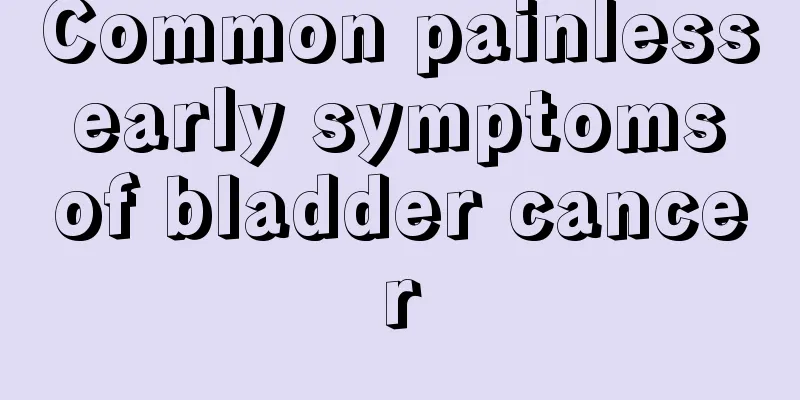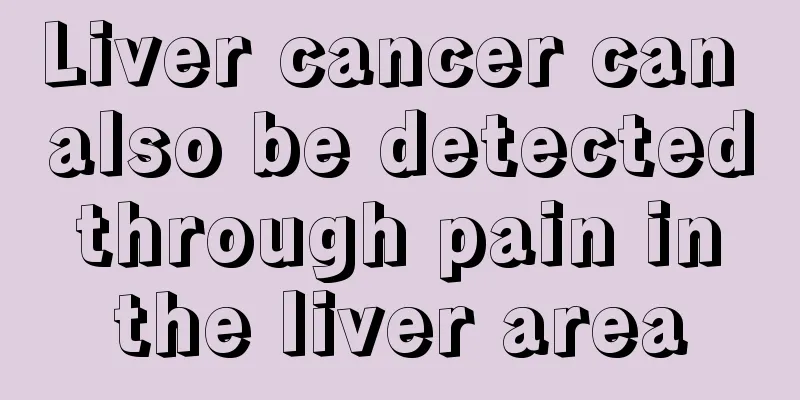What to do if you have allergic rhinitis

|
Allergic rhinitis is an allergic disease. Patients with allergic rhinitis have an allergic constitution and are allergic to many external things. It’s spring, the flowers are blooming, and the weather is neither too cold nor too hot. What a great season! We can go outside often when we have time. However, for patients with allergic rhinitis, many pollens can cause allergies. For example, a house that has been renovated for some time and has a slight smell of paint can also cause allergies. The symptoms of allergic rhinitis are very similar to those of a cold, with clear runny nose and sneezing, but a cold is also accompanied by systemic symptoms, such as body aches, fever, etc., which allergic rhinitis does not have. People with allergic rhinitis can usually sneeze more than twenty times in a row, but people with a cold will not sneeze so many times. Drug treatment for allergic rhinitis: The following factors should be considered: efficacy, safety, cost/effectiveness ratio, etc. Intranasal and oral administration are commonly used, and the efficacy may vary between different patients. There is no long-term sustained efficacy after discontinuation of the drug, so maintenance treatment is required for persistent allergic rhinitis. Prolonged treatment does not lead to rapid drug resistance. Intranasal administration has many advantages. High concentrations of drugs can act directly on the nose, avoiding or reducing systemic side effects. However, for patients with other allergic diseases, drugs need to act on different target organs, and intranasal administration is not the best choice. Systemic drug treatment is recommended. 1. Antihistamines: Oral or nasal second-generation or new H1 antihistamines can effectively relieve symptoms such as nasal itching, sneezing and runny nose. It is suitable for mild intermittent and mild persistent allergic rhinitis, and can be used in combination with nasal corticosteroids to treat moderate to severe allergic rhinitis. 2. Glucocorticoids: Nasal corticosteroids can effectively relieve symptoms such as nasal congestion, runny nose and sneezing. For critically ill patients who do not respond to other drug treatments or cannot tolerate nasal medications, oral corticosteroids can be used for short-term treatment. Dietary adjustment plays a very important role in preventing allergic rhinitis. In our daily diet, we can eat more light food and less greasy food such as fish and meat. There is a saying among the people that fish produces fire and meat produces phlegm. To prevent the endogenous generation of phlegm and heat from inducing exogenous infection and causing allergic rhinitis. Avoid spicy food, tobacco, alcohol and other stimulating foods. |
<<: One-year-old baby has diarrhea
>>: How to calculate the menstrual cycle
Recommend
Why does the dandruff increase after using silicone-free oil?
Hair needs to be cleaned and maintained regularly...
My ears are buzzing again, what's going on?
The ear is a relatively important organ in our bo...
How long does it take to wash off honey after applying it on your face
We all know that honey is a very viscous liquid, ...
Who are the suitable people for American ginseng
We all know that American ginseng is a type of gi...
What to do if the neck becomes stiff after radiotherapy for nasopharyngeal carcinoma
What should I do if my neck becomes stiff after r...
Life expectancy of HIV-infected people after taking medication
I believe everyone knows that AIDS is a very seri...
Will I get spots on my face if I have gynecological diseases?
There are various types of spots on women's f...
What to do if you suffer from insomnia after taking hormones
First, stop taking hormones, and then have a peac...
How to wash off oil stains on down jackets
How should we clean oil stains on down jackets in...
How long can you live with a brainstem hemorrhage
The so-called brainstem hemorrhage actually refer...
Beware of five types of food poisoning in summer
The temperature is high in summer and the bacteri...
What are the symptoms of mid- to late-stage lymphoma?
Due to the different sites and ranges of lesions,...
Long-term vaginal bleeding should alert you to the occurrence of cervical cancer
The patient, Miao Lei, is 40 years old and a midd...
How to take care of cervical cancer after surgery? Teach you 5 ways to take care of cervical cancer after surgery
Cervical cancer is a common cancer of the reprodu...
Can I drink honey water when I have a cold
Colds are very common in our lives. Many people c...









